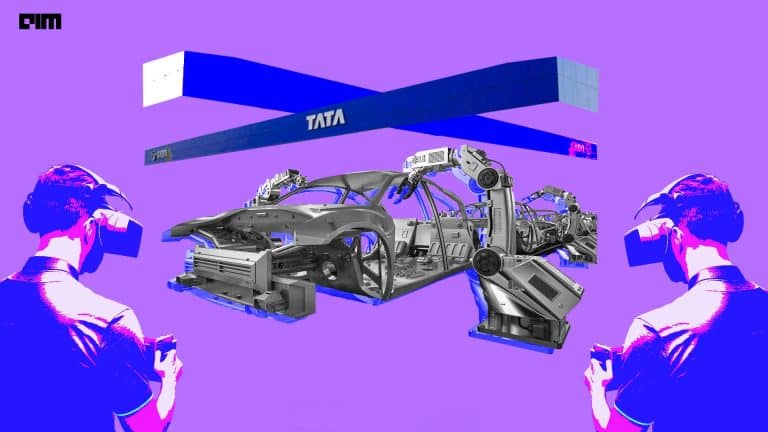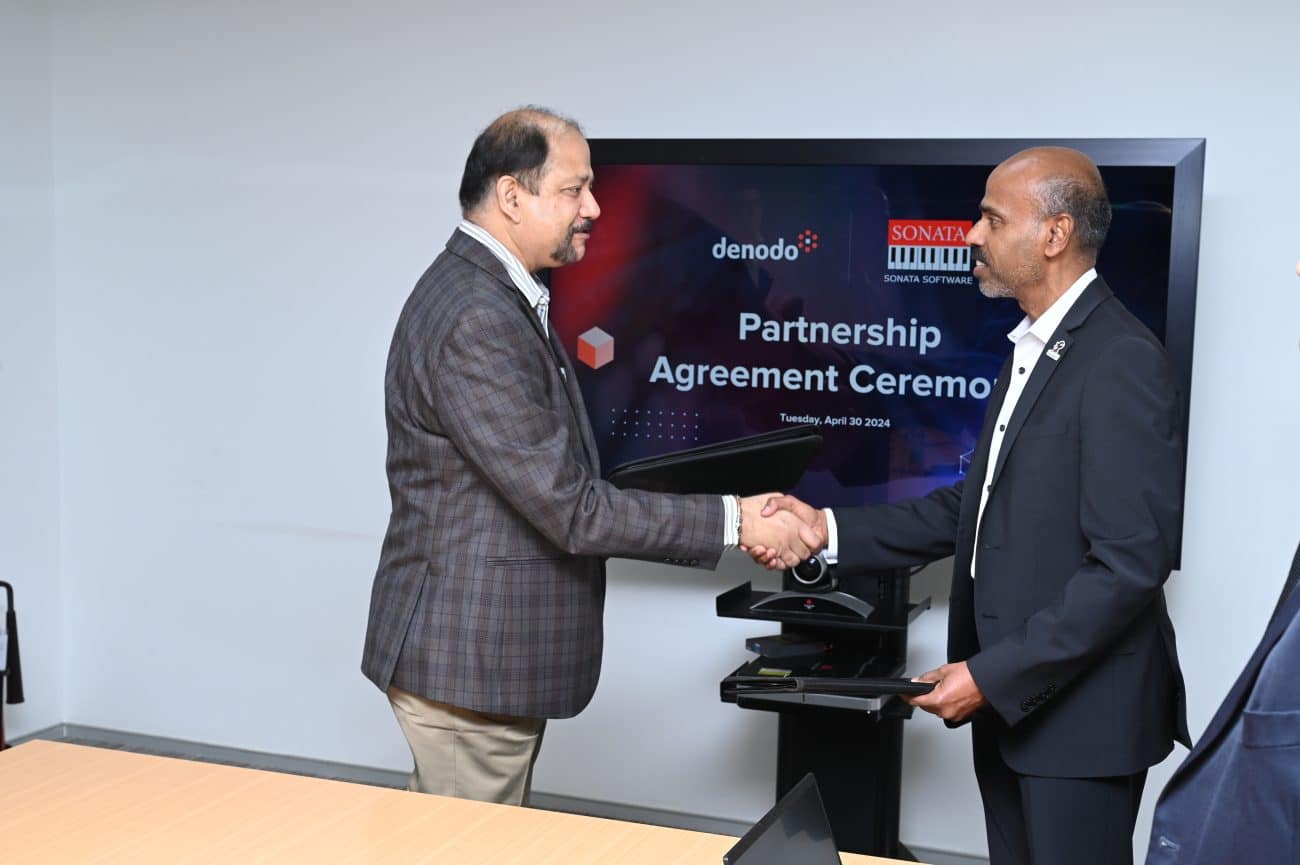|
Listen to this story
|
Ridding people of their fears of AI replacing jobs, Andrew Ng, the unassuming founder of DeepLearning.AI has been instrumental in AI literacy. Back in his iconic pale blue shirt, he added six new short courses that cover the current AI topics with a fresh set of partnerships, including Microsoft and Google. And the best part? These courses are offered free of charge (unless you want a certificate) and can typically be completed within one to two hours, making them easily accessible and time-efficient. Let’s delve into the details of these courses.

Large Language Models with Semantic Search
In partnership with Canadian startup Cohere, this course is tailored for beginners with a basic grasp of Python. It imparts valuable skills in augmenting keyword search using Cohere Rerank. It delves into the realm of advanced search techniques, instructing learners on seamlessly integrating LLMs into search systems.
The course introduces the concept of dense retrieval, a powerful NLP tool that leverages embeddings to elevate the relevance of search results beyond conventional keyword-based methods. Participants will also gain insight into the intelligent reranking process, infusing LLMs’ intelligence into search systems for heightened efficiency and faster response times.
Upon course completion, you will have a comprehensive idea about foundational principles of keyword search, transforming search systems using innovative reranking methods, embedding-based semantic understanding, and practical hands-on experiences. The course instructors, Jay Alammar and Luis Serrano from Cohere, ensure a comprehensive education in integrating language model-driven search functionalities into websites and projects to enhance user engagement and interactions.
Finetuning Large Language Models
This is a short course led by Sharon Zhou, the co-founder and chief executive of Lamini, who has also instructed in the GANs Specialisation and How Diffusion Models Work. Upon course completion, participants will understand when to employ finetuning techniques on LLMs, adeptly prepare data for this purpose, and successfully train and assess LLMs on their datasets.
Finetuning, a central focus of the course, enables individuals to customise LLMs using their own data, allowing for the adaptation of model weights and thus differentiation from alternative methods like prompt engineering and retrieval augmented generation. This process equips the model to acquire style, form, and incorporate new knowledge to enhance overall performance. Ideal candidates for this course should possess Python proficiency and a solid understanding of deep learning frameworks, particularly PyTorch.
Building Generative AI Applications with Gradio
Ng has teamed up with Hugging Face to offer this new, concise course for beginners and will be instructed by Apolinário Passos, an ML Art Engineer at Hugging Face. Participants will delve into a range of tasks, such as image generation, image captioning, and text summarisation, using Gradio, an open-source Python library.
Gradio empowers rapid development of user-friendly and adaptable UI components for machine learning models or APIs, enabling the creation of user-friendly applications even for those without coding expertise. Through Gradio, individuals can effortlessly construct intuitive graphical elements to interact with their models or APIs, ensuring accessibility and customization for users. By the course’s end, you will have acquired practical skills for developing interactive apps and demos, streamlining project validation and implementation.
Evaluating and Debugging Generative AI Models Using Weights and Biases
This course equips individuals with the skills to evaluate programs using LLMs and generative image models with platform-independent tools. Participants will discover how to instrument a training notebook, incorporating essential elements such as tracking, versioning, and logging. Moreover, they will gain expertise in monitoring and tracing LLMs’ performance over time in complex interactions. The course addresses the challenges of managing data sources, extensive data volumes, model development, parameter tuning, and experimentation in the realm of machine learning and AI projects. By introducing learners to Weights & Biases platform tools, this course simplifies experiment tracking, data running, and collaboration within a team.
Key lessons cover Jupyter notebook instrumentation, hyperparameter configuration management, run metric logging, dataset and model versioning artifact collection, and experiment result logging. As a result, participants will develop a structured workflow that enhances productivity and expedites progress toward groundbreaking outcomes. It is suitable for those with Python and PyTorch familiarity and an interest in streamlining, versioning, and debugging their machine learning workflow.
The instructor, Carey Phelps, is the founding product manager at Weights & Biases, bringing a wealth of expertise to guide learners through this transformative course.
Understanding and Applying Text Embeddings with Vertex AI
Participants can access this beginner-level course lasting an hour for free for a limited time. Instructed by Nikita Namjoshi, a developer advocate for generative AI at Google Cloud and Ng, the course focuses on leveraging text embeddings to capture the essence of sentences and paragraphs. You’ll learn how to utilize these numerical text representations for tasks like text clustering, classification, and identifying outliers.
Furthermore, the course delves into constructing a question-answering system using Google Cloud’s Vertex AI. Participants will gain insights into word and sentence embeddings, measuring semantic similarity, text generation adjustments, and efficient semantic search using the ScaNN library. Upon completion, learners will have a solid grasp of text embeddings and their integration into Language Model applications. Basic Python knowledge is the only prerequisite for joining.
How Business Thinkers Can Start Building AI Plugins With Semantic Kernel
In this latest course, you can delve into the world of Microsoft‘s open-source orchestrator, the Semantic Kernel. Offered free for a limited time, the course will teach learners how to enhance their business planning and analysis skills while harnessing the potential of AI tools. Throughout the course, students will advance their knowledge of LLMs, exploring techniques like using memories, connectors, chains, and more. Participants will be equipped to create sophisticated business applications using LLMs, effectively leverage LLM building blocks, and integrate the Semantic Kernel into their applications, streamlining AI service interactions without the need to learn multiple APIs.
This course is suitable for anyone interested in learning Semantic Kernel, with basic Python skills; an understanding of APIs recommended but not mandatory. Instructor John Maeda, VP of design and atificial intelligence at Microsoft, guides learners through this invaluable learning journey.
Read more: Key Highlights of Google Cloud Next ‘23



















































































